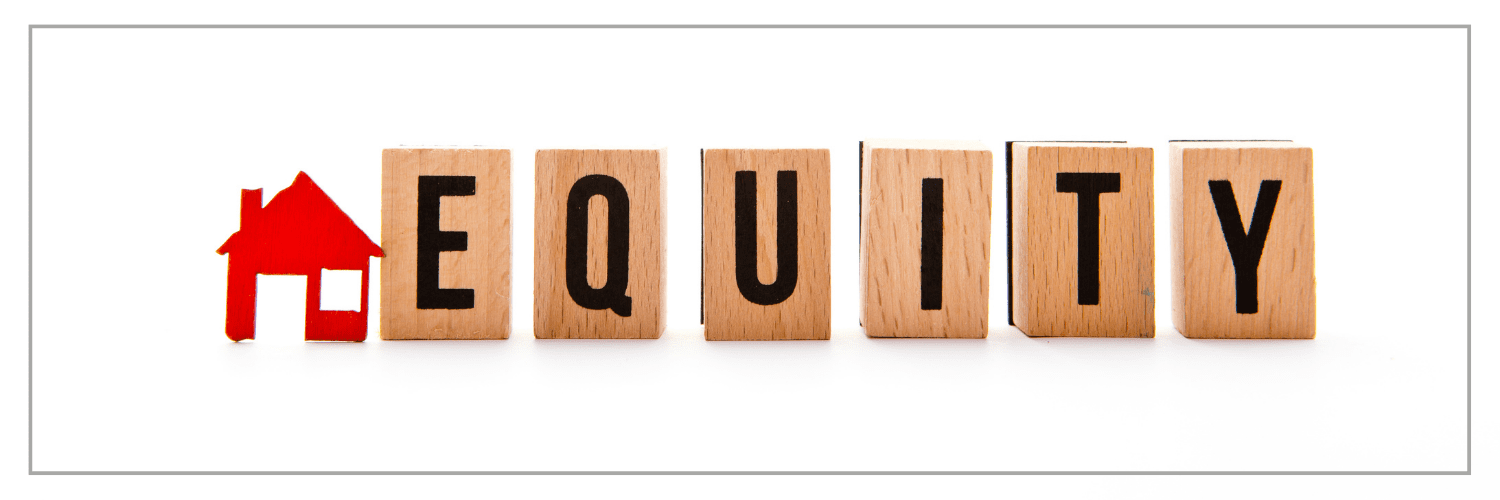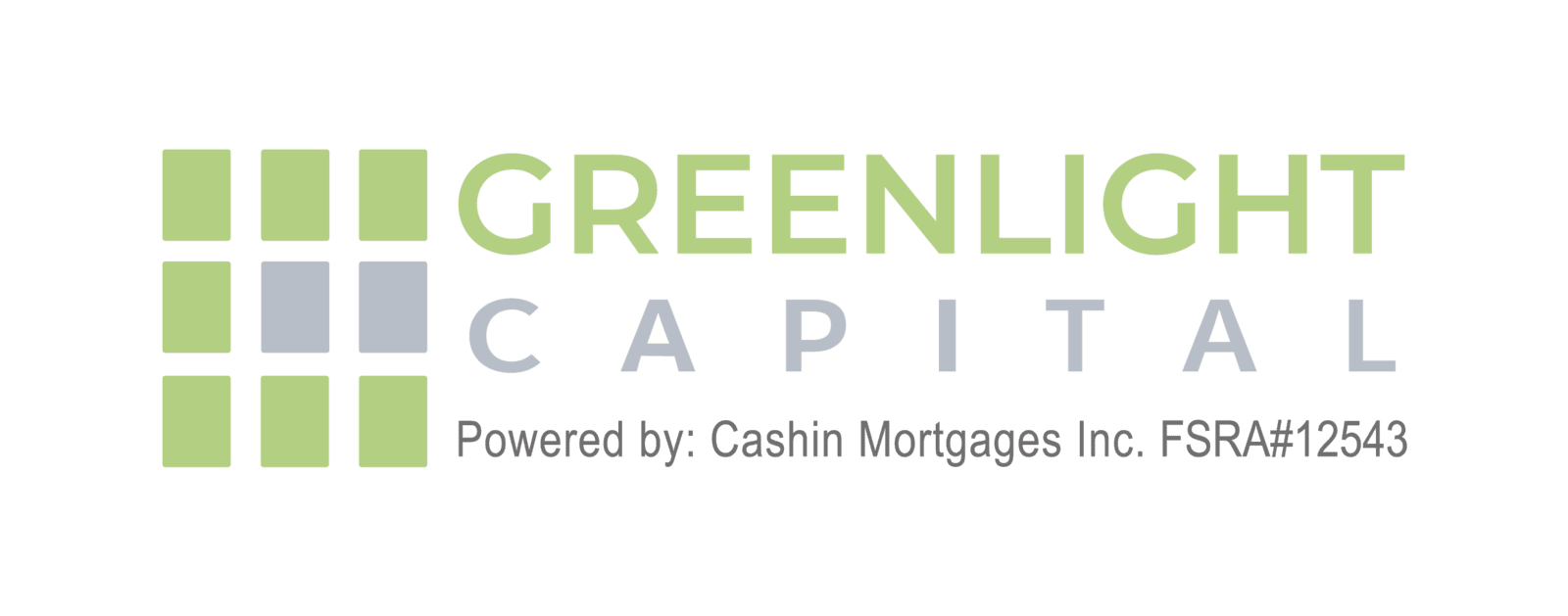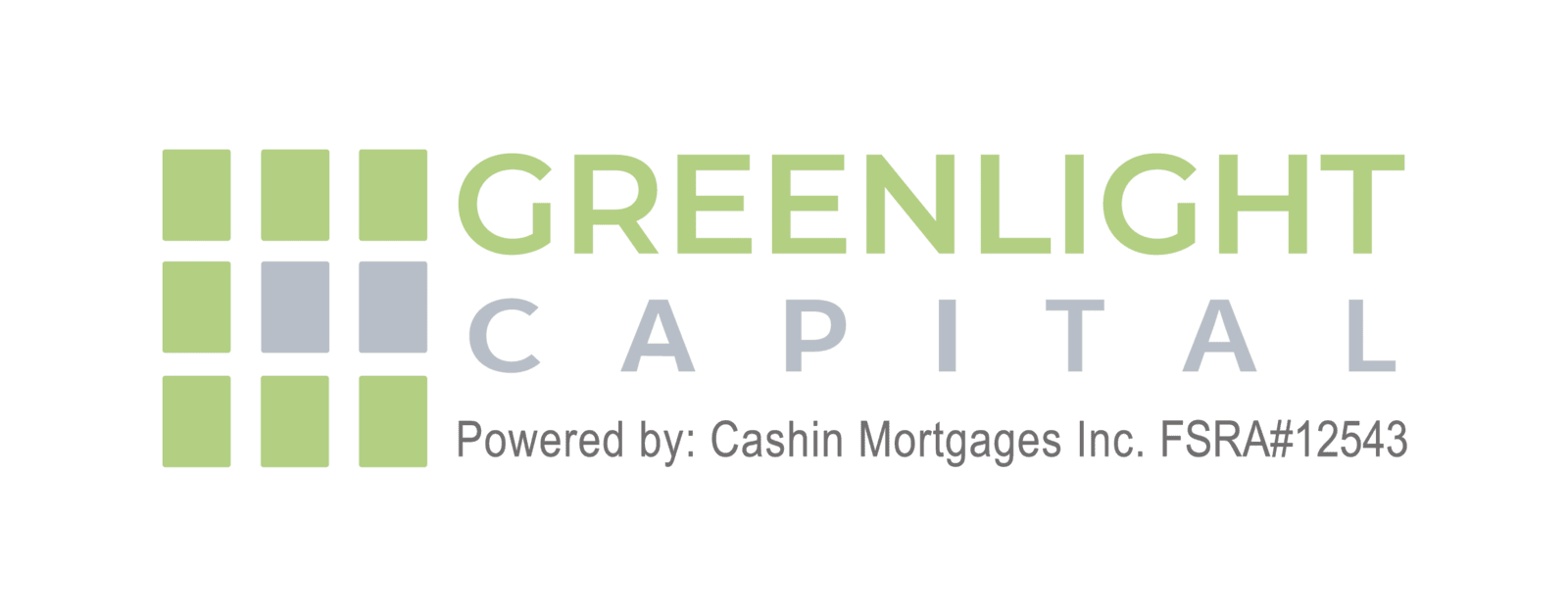What is it & How does it work
What is it & How does it work

For many homeowners, their home is their biggest investment. Over time, as the value of the property increases, so does the equity. Home equity refers to the difference between the value of your home and the amount you still owe on your mortgage. It can be a valuable asset that can be used in a number of ways. In this article, we will discuss home equity 101: what it is and how it works.
A home equity loan allows homeowners to borrow against the equity in their home. The loan is frequently arranged as a lump sum payment that is repaid over time at a fixed interest rate. Because home equity loans are backed by the equity in the home, if the homeowner defaults on the loan, the lender may foreclose on the property to recover their losses.
Requirements for a Home Equity Loan in Canada
Homeowners in Canada must have a certain level of equity in their homes to qualify for a home equity loan. Lenders typically want at least 20% equity in the home. In addition, to qualify for a home equity loan, homeowners must have a solid credit score and a stable income. Lenders will also consider the home's current market worth and the amount of debt outstanding on the property.
Is it a good idea to get a Home Equity Loan?
The choice of taking out a home equity loan depends on the individual's financial status and demands. Home equity loans can be a useful alternative for homeowners who need to access a substantial amount of cash for a specific reason, such as home renovations or debt consolidation. But, it is critical to examine the risks of a home equity loan, including the possibility of foreclosure if the loan is not repaid. Homeowners should also analyze the loan's interest rate and costs, as well as the influence on their entire financial picture.
Pros of a home equity loan
One of the major advantages of a home equity loan is that it allows homeowners to access a large number of funds at a lower interest rate compared to most other types of loans. This is especially important for home improvements or repairs, which might be costly but add long-term value to the home. House equity loans can also be used to consolidate debt, allowing homeowners to pay off high-interest debt.
Cons of a home equity loan
One of the most significant downsides of a home equity loan is that it puts the home in danger. If the homeowner fails to make loan payments, the lender may foreclose on the property to recoup their losses. This might be especially difficult for homeowners who are currently in financial trouble or have unstable employment. Homeowners should also be aware that a home equity loan might add to their overall debt load, affecting their credit score and financial status.
What can you use a Home Equity loan for?
Home equity loans can be used for a range of purposes, including:
House renovations or repairs. Home renovations or repairs are one of the most typical reasons people take out a home equity loan. A home equity loan can provide the financing you need to execute your plan, whether you want to renovate your kitchen, finish your basement, or add a new addition to your house.
Business expenses. Whether you own a business or want to establish one, a home equity loan can help you fund it. This can be a suitable option if you don't qualify for traditional business loans or want to avoid high-interest-rate business credit cards.
Debt consolidation. If you have high-interest debt from credit cards or other loans, you can combine it into one payment with a home equity loan. This can help you save money on interest and make debt management much easier.
Wedding expenses. If you're planning a wedding, a home equity loan can help you get the money you need to make your big day unforgettable. A home equity loan can help you cover the costs of the venue, catering, and entertainment, allowing you to have the wedding of your dreams.
Education expenses. A home equity loan might help you pay for tuition and other educational costs if you or your children are pursuing higher education. If you do not qualify for traditional student loans or wish to avoid high-interest private student loans, this may be a viable choice.
Dream vacation. Have you always dreamed about a luxurious vacation? Whether you wish to go to exotic areas or relax on a tropical beach, a home equity loan can help you make your ideal vacation a reality.
Investments. A home equity loan can also be used for investment purposes. It can provide you with the funding you need to build your investments, whether you want to invest in stocks, real estate, or other options.
CRA Arrears. If you've fallen behind on your CRA or property tax payments, a home equity loan can help you catch up while avoiding fines and interest costs. You can quickly and inexpensively pay off your arrears and avoid legal action by accessing the equity in your house.
Property Tax arrears. Due to financial issues, some homeowners may face foreclosure procedures. A home equity loan can offer them the financing they require to halt the proceedings and get their finances back on track.
Stop Foreclosure Proceedings.
Finance other temporary needs. A home equity loan can also be utilized to support other short-term needs, such as home improvements, unforeseen medical expenditures, or college tuition. A home equity loan provides homeowners with flexible and affordable lending solutions to help them reach their financial objectives.
1st, 2nd, 3rd mortgages. A home equity loan can be used to finance a first, second, or third mortgage. Homeowners can use the funds from a home equity loan to pay off any of these mortgages or to consolidate debt.
Medical expenses. If you have unexpected medical expenditures, a home equity loan can help you pay for them. This is especially helpful if you do not have health insurance or if your insurance does not cover all of your medical costs.
What are Home Equity Loan rates in Canada in 2023?
Home equity loan interest rates in Canada vary depending on several criteria, including your credit score, the amount requested, and the institution you choose. The average home equity loan interest rate in Canada is roughly 5-7% as of March 2023. But, if you have a great credit score or are borrowing a substantial sum of money, some lenders may offer reduced interest rates.
When deciding on a home equity loan, it is critical to shop around and compare rates from multiple lenders. This can assist you in locating the greatest offer and saving money on interest throughout the loan. Moreover, before signing, read the fine print and understand any costs or penalties related to the loan.
A home equity loan can be a valuable financial instrument for homeowners who require cash for a variety of reasons. Yet, it is critical to use a home equity loan properly and to understand the dangers connected with borrowing against the equity in your house. You can locate a home equity loan that matches your demands and fits your budget by completing your homework and selecting a trustworthy lender.
If you're interested in exploring your options for using home equity, it's important to speak with a financial advisor or mortgage professional who can help you determine the best course of action for your individual needs and financial goals. Don't hesitate to reach out and start the conversation today!



